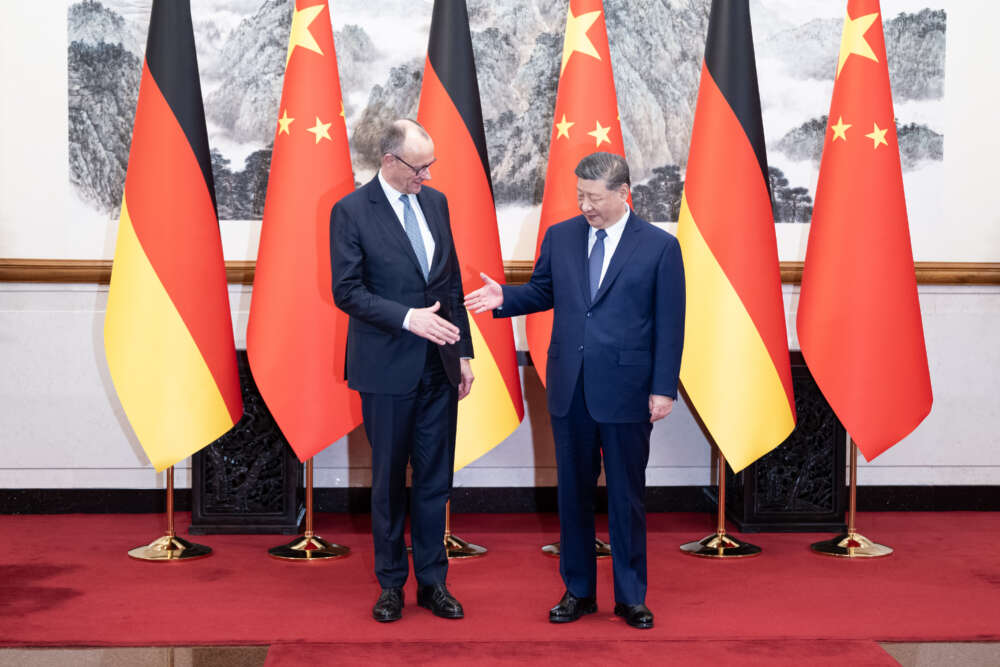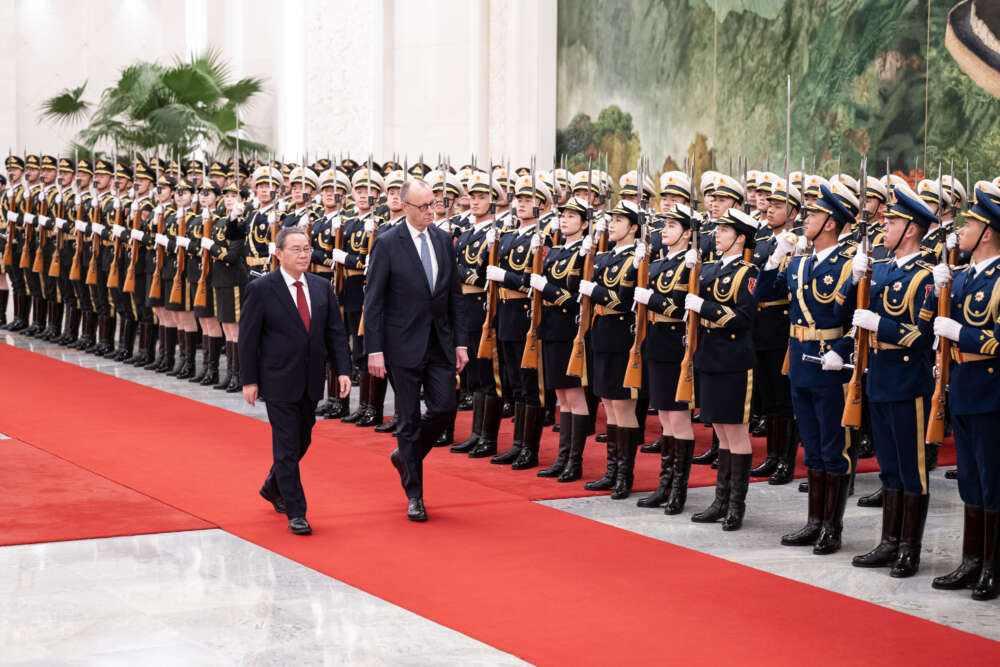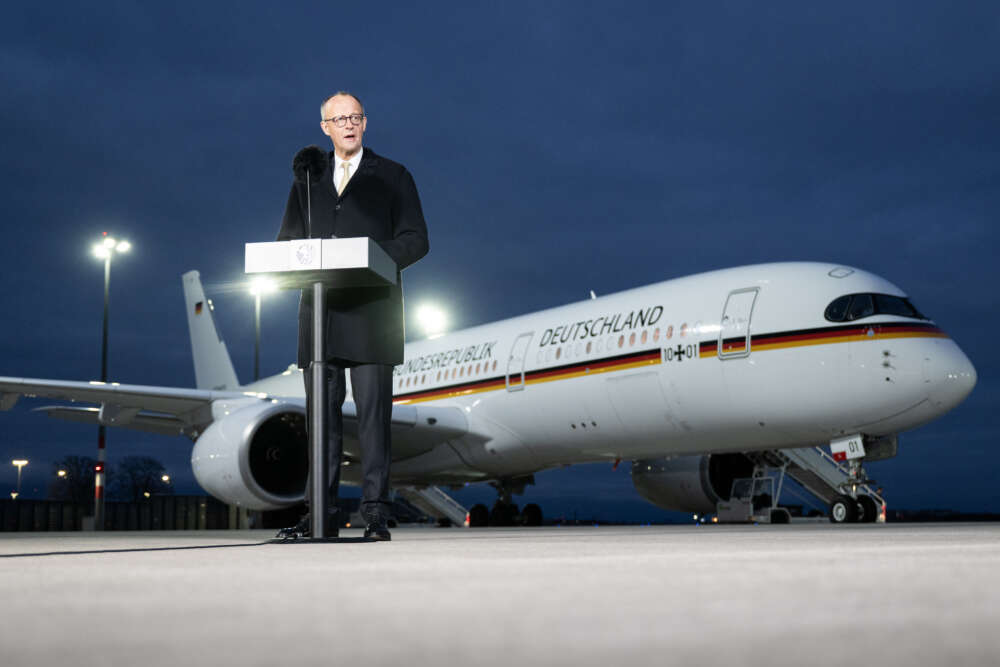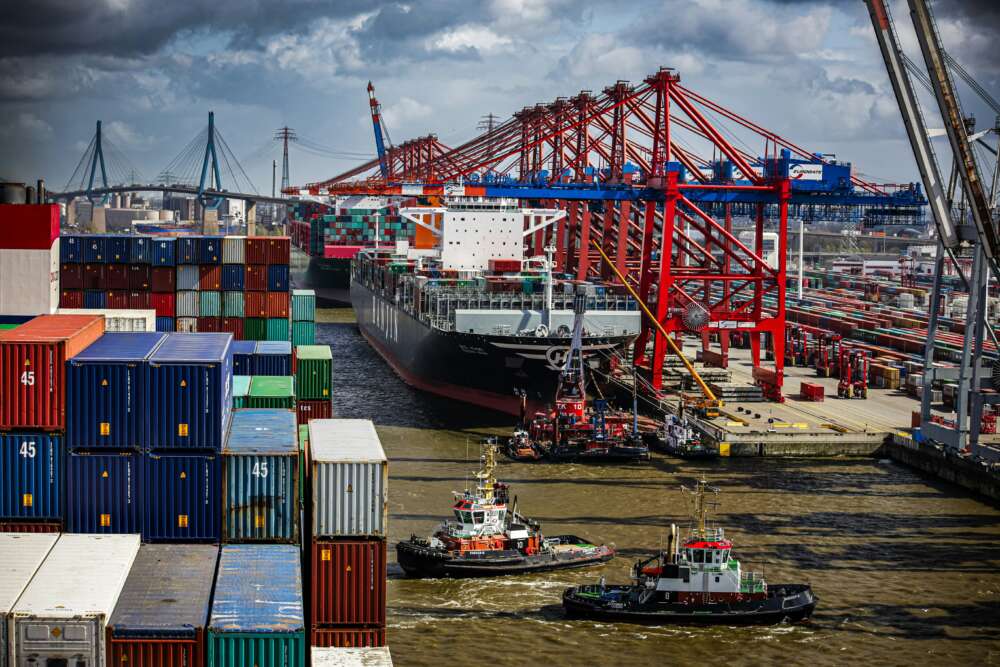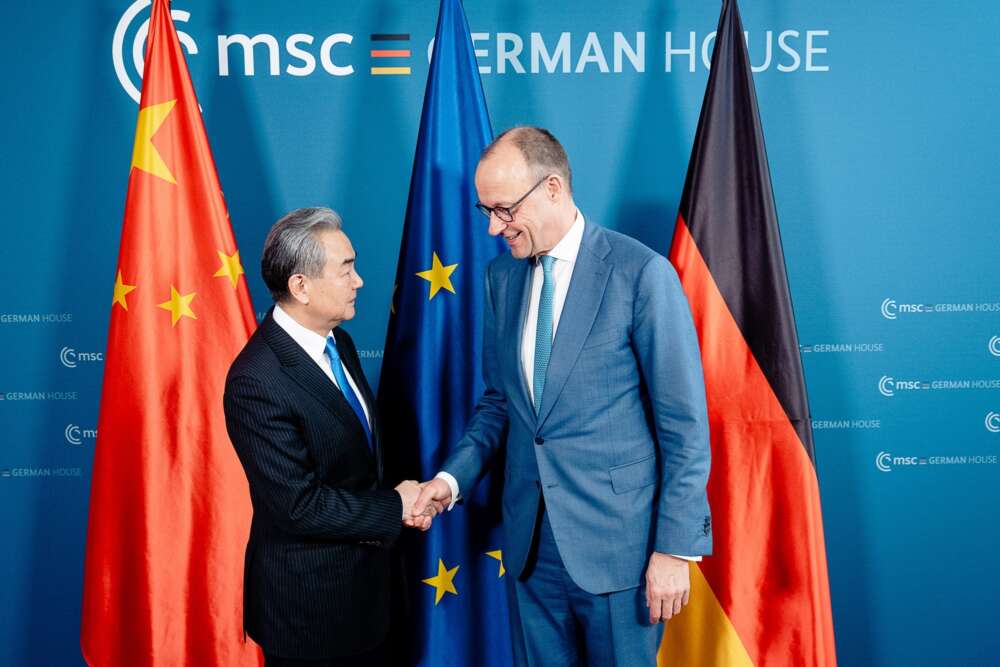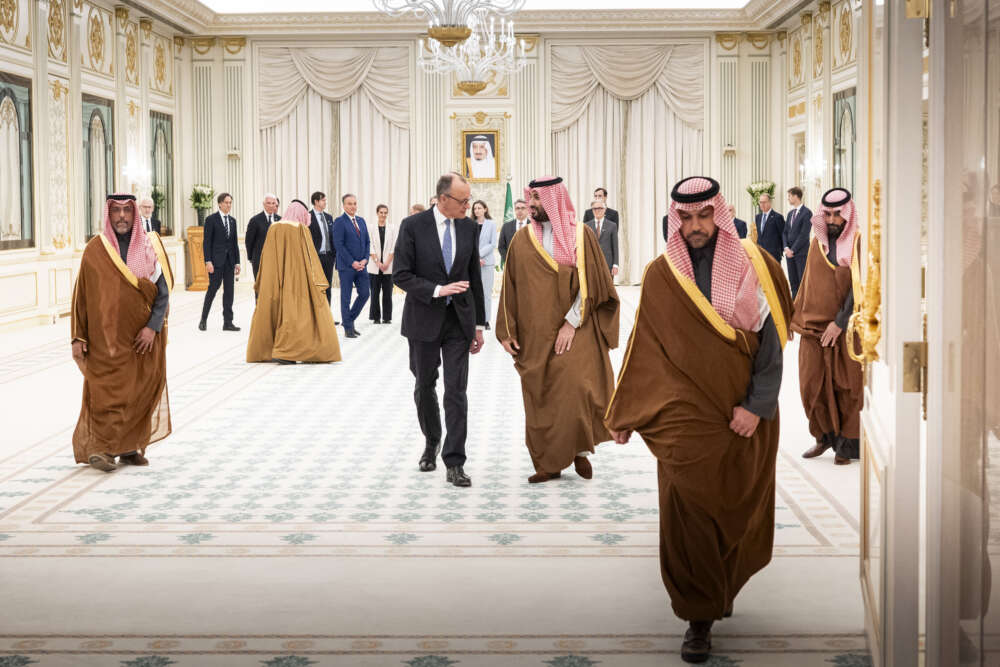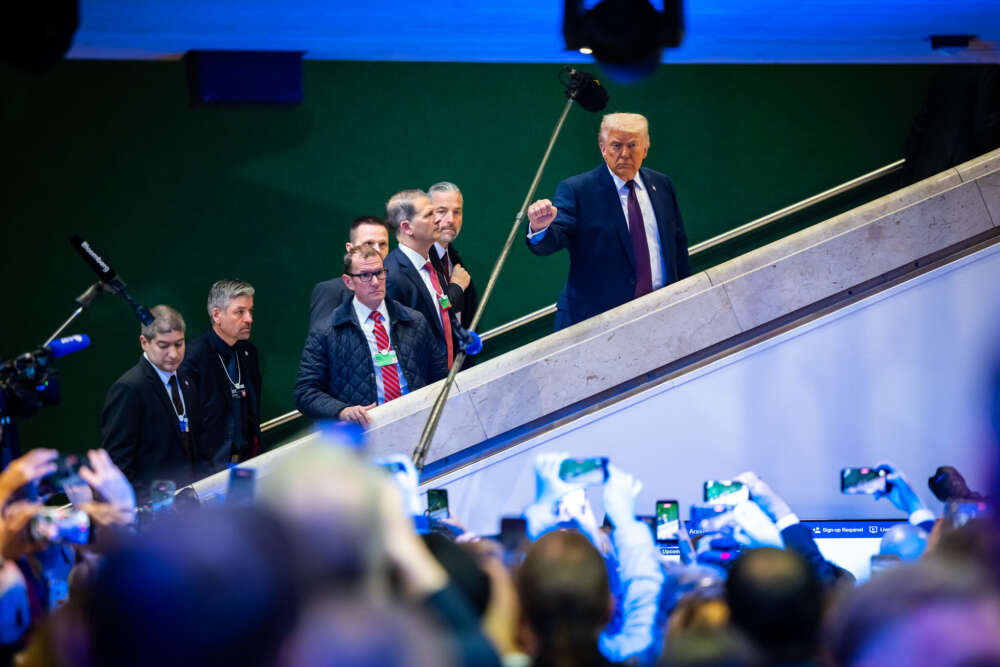Looking for “Global Partnerships” in a Multipolar World
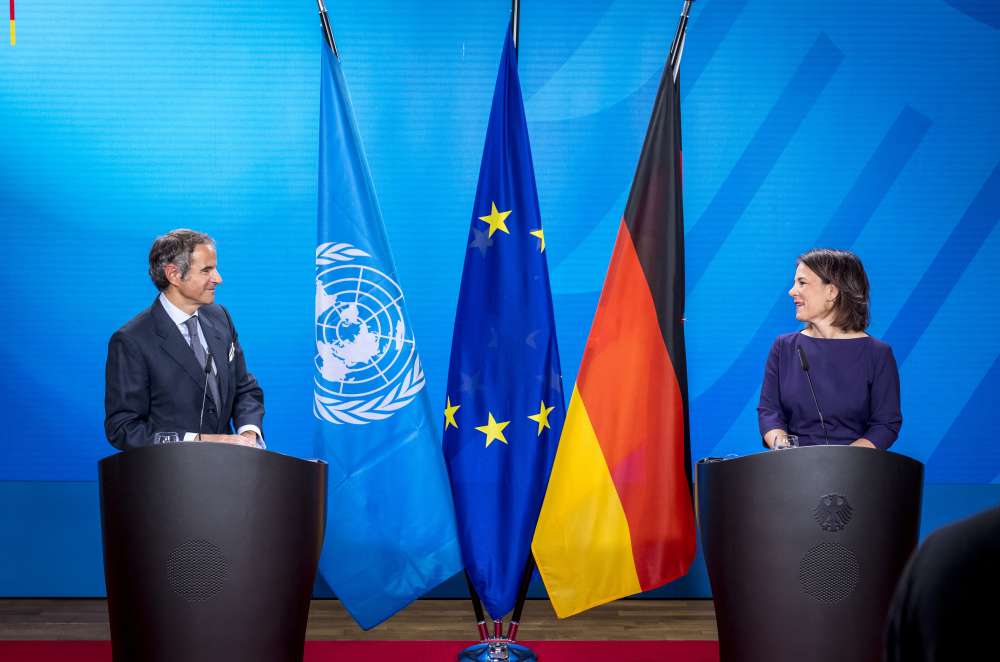
“The global order is changing,” German Chancellor Olaf Scholz wrote in the introduction to his country’s first ever National Security Strategy on June 14, 2023, “New centers of power are emerging, the world in the 21st century is multipolar.” Multipolarity is a concept that is central to the foreign policy approach of both Scholz and Foreign Minister Annalena Baerbock. In March 2023, Baerbock stated that “we do not live in a bipolar world but a multipolar world, with diverse actors and global challenges that we can only solve together.”
Against this backdrop, the National Security Strategy commits Germany to expanding “its global partnerships in a targeted way,” in the sense of “fair, respectful and long-term cooperation between sovereign and equal partners.” In this context, the National Security Strategy does not use the term “Global South.” That is a good decision. “Global South” is lazy shorthand for a very diverse set of countries with different interests, priorities, and ways of looking at the world.
A Total Makeover
Parts of the German foreign policy community regard the focus on “multipolarity” with suspicion. After all, the National Security Strategy put forward by the administration of US President Joe Biden does not use the term, while China and Russia use it very frequently. For Beijing and Moscow, the concept of multipolarity is a normative concept in the sense of curtailing US dominance in global affairs, making space for their own hegemonic aspirations.
The current German government has a different understanding. For Scholz and Baerbock, multipolarity is primarily an empirical diagnosis. Scholz describes a total makeover of the world that Europeans were used to — “in which almost everything that was decided or became economically relevant was centered on Europe and North America.”
The chancellor argues that there are many countries in Asia, Africa, and Latin America that will continue to gain clout in the coming decades. These countries want to shape their own futures and refuse to simply pick sides in a great power competition between the United States and China. For Scholz and Baerbock, the normative aspect is to make a multipolar world a multilateral world, i.e., one that is governed by rules. That is why the National Security Strategy commits to “strengthening multilateral structures to resolve global challenges and thereby counter the emergence of new blocs.”
Multipolarity and Its Critics
Multipolarity is a highly imperfect metaphor at best. It may be more helpful to speak of “centers” rather than “poles” when talking about the key players. Some neorealist scholars dispute the empirical diagnosis at a more fundamental level. They argue that the US and China are so much more powerful than all the other players and that, therefore, bipolarity is the appropriate metaphor. That is based on a very crude understanding of power in terms of aggregate military and economic strength.
A more sociological understanding looks at power also in terms of the ability to get others to do what you want them to do. The US and China can and will very much constrain the choices of other countries. But it is unlikely that they will be able to turn countries like Brazil, India, and Indonesia into mere followers, precisely because these countries want to shape their own futures on their own terms as much as possible within the framework of the overriding great power rivalry between the US and China (and Russia). The less they rely on the US for their own security, the more assertive countries will be in terms of making their own choices.
Rhetorically, the US pretends to have realized this. Ahead of his trip to Beijing in June 2023 US Secretary of State Antony Blinken claimed that the US is “not asking anyone to choose between the US and China” but that it is “demonstrating the benefits of partnership.” The reality for many countries feels different. US administration representatives and Congressional delegations often make preaching about the need to move away from China the key issue in discussions with Asian, African, and Latin American countries while offering little in terms of economic and trade partnership.
Lacking Interest
The public discussion often falls into a similar trap in Germany. Whenever Scholz or Baerbock engage leaders from Brazil, India, South Africa, and others, the key issue in many media reports is whether they got them to adopt the European position on Russia’s war and sanctions against Moscow. There is very little interest in exploring what the key interests and priorities of these countries are and where there is overlap with German and European interests.
Fortunately, Scholz and Baerbock seek to do exactly that — searching for the areas where interests are aligned. This means approaching each player in the so-called Global South with a tailor-made approach. “Offer packages” fit the respective priorities of the countries in question.
Those might vary widely. For India, weapons might be key. This is why it is important that the German government has indicated greater flexibility with regard to its rules on exporting weapons, “taking into account alliance and security interests” as well as the “geostrategic situation.” For Brazil, a country in a much less challenging security situation than India, trade might be much more important than weapons.
Principles of Engagement
Still, it is possible to generalize on principles that should inform the way Germany and Europe engage with countries outside the West.
The baseline assumption should be the lack of European and Western credibility in the eyes of most non-Western countries. That is due to the (post-)colonial experience as well as a perception of an international order that is unjust and unfair. As Scholz pointed out in a speech in May 2023, non-Western countries “expect representation on equal terms — and an end to Western double standards.” He added that “as long as the emerging powers feel that they are overlooked and underrepresented in the international system, they won’t fully commit to defending it.”
Language matters in this context. It is good that the German National Security Strategy does not put the term “rules-based international order” center place (not to mention the delusional term “liberal international order”). Most non-Western countries treat the “rules-based” talk with great suspicion. Who gets to decide on the rules and how they are applied? Why do you talk about a “rules-based order” rather than simply about international law and the UN Charter?
Germany’s National Security Strategy uses the formula “a free international order based on the United Nations Charter and international law,” which is bound to be more acceptable to a larger group of countries. It also avoids making the difference between democracies and autocracies a central organizing principle. The document puts “rising systemic rivalry” at the center of analysis. That makes sense from a German and European perspective but is not something many countries outside the West will adopt.
Giving Up Privileges
They would rather see a focus on much needed institutional reforms, including Europe and the West giving up some privileges. That Berlin sticks to the increasingly risible claim to a German seat on the UN Security Council undermines the credibility of the overall approach. It would be much more credible if Germany pushed for Security Council reform without any claim to its own seat. In addition, it should push an ambitious agenda for reforming international financial institutions.
Chancellor Olaf Scholz claims that the “potential for global cooperation on equal terms was never greater than today.” It is uncertain whether this is an accurate diagnosis. One could argue that the potential was greater after the end of the Cold War in 1989, but that the West did not take “equal terms” seriously enough. One thing seems clear: Trying to unlock this potential today is a time-consuming process full of frustrations for all sides involved. But it is one very much worth pursuing, without any illusions.
This commentary was originally published in International Politik Quarterly on June 29, 2023.
